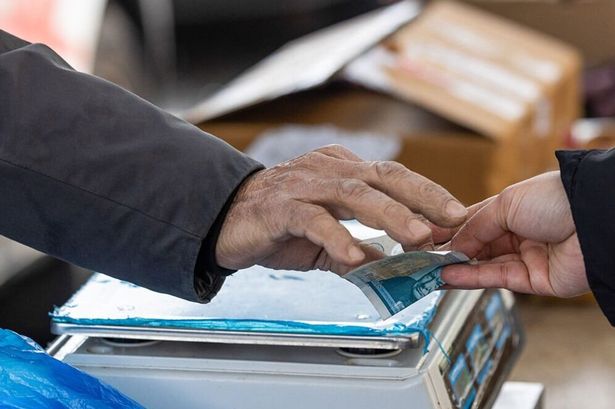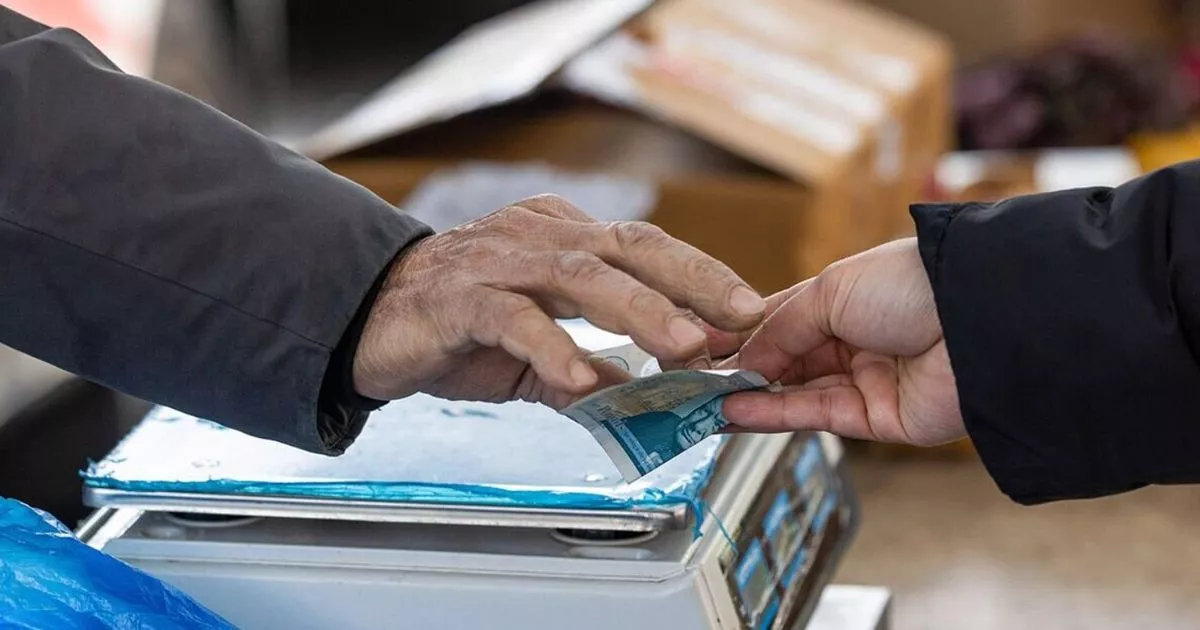LINK has some suggestions for people to consider to help make sure they can access money when they need it, it has said. UK households urged to follow ‘seven’ new cash rules as trend sweeps England
UK households urged to follow ‘seven’ new cash rules as trend sweeps England
UK households could face seven new cash rules as LINK issues a warning over the growing ‘cashless’ nature of the country. LINK has some suggestions for people to consider to help make sure they can access money when they need it, it has said.
Issuing seven tips for households, it says the first is to “consider maintaining a cash reserve.” The second is having “a diversified range of payment networks to choose from”, while the third is “consider using multiple digital wallets.”
Other tips are “do the basics – sign your cards and know your Pin”, “understand your contactless payment limits,” and “consider whether having an alternative current account and banking app could be helpful.”
READ MORE New pay-per-mile car taxes with drivers facing initial 1p rate
The seventh is: “Make sure you can access a portable charger, if needed.” Adrian Roberts, deputy chief executive, Link said: “Our research shows that growing reliance on digital comes with growing risk.
“Recent experiences from around the globe have demonstrated that digital payment systems can fail and two-thirds of people have faced some form of disruption already.
“It is therefore vitally important that the UK maintains a breadth of payment methods.”
He added: “We also need to think about cash acceptance and how it can be made easier for retailers to continue to accept it in shops.
“In parallel, digital payment systems need to be stronger and more resilient and the work led by the Bank of England on the National Payments Vision is an excellent step in that direction.
“Individual consumers can also take simple steps to protect themselves should there be disruption to digital payments.”
Less than half of people carry a physical wallet as part of their day-to-day lives, LINK found.
One in nine (11%) UK adults habitually leave home with only a digital wallet as a form of payment, the research indicated, rising to nearly three in 10 (29%) people aged 35 to 44.

